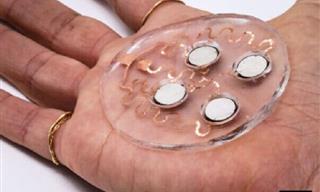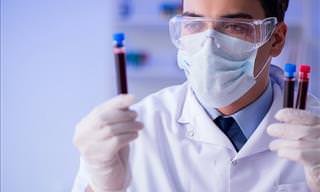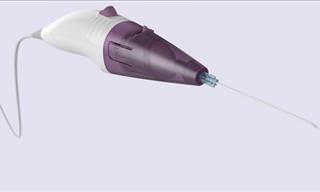The organ shortage crisis is one of the most heartbreaking medical disasters of our lifetime. There is an ongoing worldwide shortage of transplantable organs. In the United States alone, there are over 112,000 people on the national transplant waitlist, and thousand pass away waiting for organs every year. Thanks to a novel cell-revival technology, organ transplants may soon become a lot more accessible.
This new cell-revival method addresses a major problem with organ transplants - the fact that cells and organs begin to deteriorate mere minutes after death. To preserve the organs for transplant surgery, doctors must work within strict time constraints.
As a result, many potential donors are not suitable for transplants. A team of researchers at Yale University has developed a new medical technology that aims to extend the viability of cells and organs manyfold. It takes the form of a fluid that is administered an hour after death. The fluid restores cellular activity, potentially extending the time frame within which such organs as the heart, kidneys, and liver are eligible for transplant.
Just how much can this help shorten the extreme waiting times for organ transplants?
Potentially, a lot. To give you some perspective, the Global Observatory of Donation and Transplantation reports that 129,681 organs have been transplanted in 2020. A percentage of these transplants were donated by live donors, but a significant part comes from deceased donors too. A single deceased donor can contribute to up to 8 people in need of a donation. Just in 2020, 36,125 deceased donors helped save the lives of dozens of thousands of people.
Therefore, expanding the time frame for transplantation, if only by 1 hour, could save many lives every year. As Dr. Roberto Hernandez-Alejandro, a professor of surgery from the Division of Transplantation at the University of Rochester Medical Center stated to Medical News Today, “The findings bring with them the possibility to unlock new strategies of preserving invaluable tissue and organs from deceased donors, even after prolonged periods of loss of circulation and oxygenation.”
How does it work?
Referred to as the OrganEx system, the novel technology is a fluid that contains blood, anticoagulants (anti-clotting medication), active anti-inflammatory compounds, and other medications that promote cellular health. The fluid is administered through a perfusion device, which is a machine used to preserve the organs that are to be transplanted. Similar to a heart-lung machine, perfusion devices pump fluid through the circulatory or lymphatic system to an organ to keep it viable for transplant.
Currently, OrganEx has passed the stage of animal testing in pigs. In the course of the experiment, the researchers compared the effectiveness of their technology to no treatment and a more traditional method called extracorporeal membrane oxygenation (ECMO), which is used to remove CO2 and supply oxygen to tissues.
The researchers found that even 6 hours after administering the OrganEx fluid, circulation in the body was completely restored and the organ functions in the heart, liver, and kidneys were partially restored. Even on a cellular level, the tissues of these organs continued working and several cellular functions were restarted. This was not the case in the control group and the group that received ECMO.
Needless to say, this is a major breakthrough, although some details still need ironing out to ensure that the organs preserved with OrganEx remain fully functional.
As the researchers responsibly suggest: “Overall, further optimization and expansion of our technology will be needed to fully understand its broader effects on ischaemic tissues and recovery. Although the in vivo results here show promise to bridge gaps between basic research on ischemia and transplantation medicine or clinical resuscitation science, understanding the recovery of brain function requires careful consideration.”
This is where the researchers currently leave us - for now. However, they continue researching the specific ways in which the OrganEx technology will be able to preserve the FULL functioning of all organs and tissues, including the heart and the brain.
H/T: Medical News Today
 Go to BabaMail
Go to BabaMail





















































